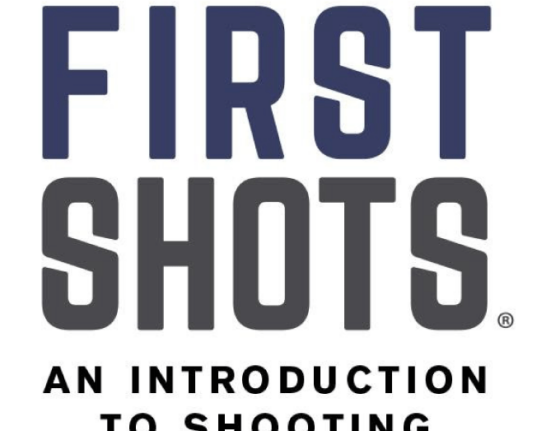Photo courtesy of NSSF
Good news from Washington, the day before Thanksgiving President Obama signed into law the National Defense Authorization Act of 2015. The EPA has been stopped from issuing a regulation under TSCA to ban traditional ammunition made of lead components, an important accomplishment for hunters and target shooters across America. Had this regulation been issued, disastrous impacts on innumerable manufacturing facilities and an increase in costs to the Department of Defense would have been unavoidable. To add to the list, reductions to the excise taxes ammunition manufacturers pay on the sale of their products would also take place, stealing a main source of funding from wildlife and habitat conservation efforts across the country. See below for the National Shooting Sports Foundation’s full press release.
NEWTOWN, Conn. – The National Shooting Sports Foundation® (NSSF®) today hailed Congressional passage of legislation that precludes the Environmental Protection Agency (EPA) from asserting Toxic Substance Control Act (TSCA) authority over ammunition and its component parts. A top legislative priority for the NSSF, this important provision was included in the National Defense Authorization Act of 2015 that President Obama signed into law as the nation began the long Thanksgiving holiday.
In recent years, radical anti-hunting organizations have been trying to force the EPA to issue a regulation under TSCA to ban traditional ammunition made with lead components. Had they prevailed it would have resulted in detrimental impacts on countless manufacturing facilities and increased costs to the Department of Defense. In addition, the assertion of TSCA jurisdiction over traditional ammunition would have resulted in considerable reductions to the excise taxes ammunition manufacturers pay on the sale of their products that is a critical source of wildlife and habitat conservation funding throughout the country.
“This important amendment to the Toxic Substance Control Act demonstrates the continued ability of Congress to unite, on a bipartisan basis, behind a shared commitment to enhancing our hunting and recreational shooting heritage while also protecting jobs in an important sector of our nation’s economy,” said Lawrence Keane, NSSF senior vice president and general counsel. “Our industry owes a debt of gratitude to a number of longtime champions of this effort, which include Senate Armed Services Chairman John McCain and Sens. John Thune, Jim Inhofe and Amy Klobuchar as well as House Armed Services Chairman Mac Thornberry along with Reps. Jeff Miller, Rob Wittman, Tim Walz and Rob Bishop.”
“I applaud the efforts of Chairmen Thornberry and McCain to include this common-sense language in the defense bill that will clarify, once and for all, that the EP A does not, and should not, have the jurisdiction to regulate traditional ammunition or its components, said Rep. Jeff Miller, who has long been a champion of this important issue. “Enactment of this legislation closes one more window of opportunity for the EPA to overreach its authority while also averting unnecessary and significant cost increases for our military.”
“As Co-Chair of the Congressional Sportsmen’s Caucus and sponsor of the Sportsmen’s Heritage Recreational Enhancement (SHARE) Act of 2015 which includes this measure,” Rep. Rob Wittman said, “I am committed to preserving and enhancing sportsman-led conservation. I believe this legislation is instrumental in accomplishing that, and I am deeply grateful to all of my colleagues who played a role in securing its passage. I am pleased with what I consider an important win, and I will continue to work toward enactment of the remaining SHARE Act provisions during this session of Congress.”
-30-
About NSSF The National Shooting Sports Foundation is the trade association for the firearms industry. Its mission is to promote, protect and preserve hunting and the shooting sports. Formed in 1961, NSSF has a membership of more than 12,000 manufacturers, distributors, firearms retailers, shooting ranges, sportsmen’s organizations and publishers. For more information, visit www.nssf.org.







